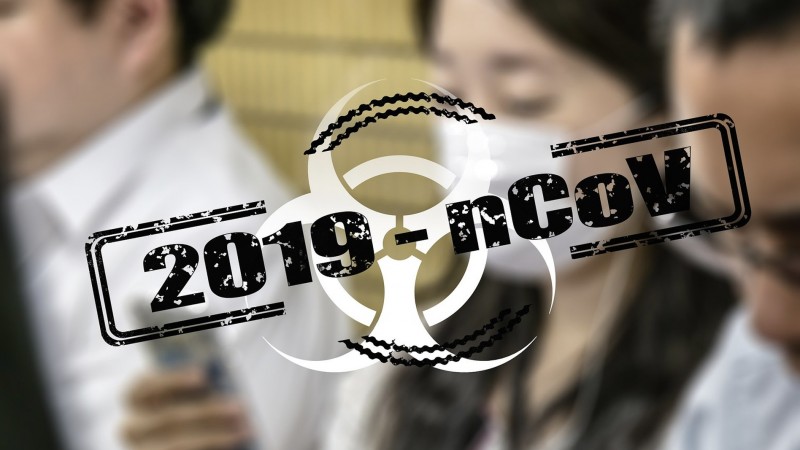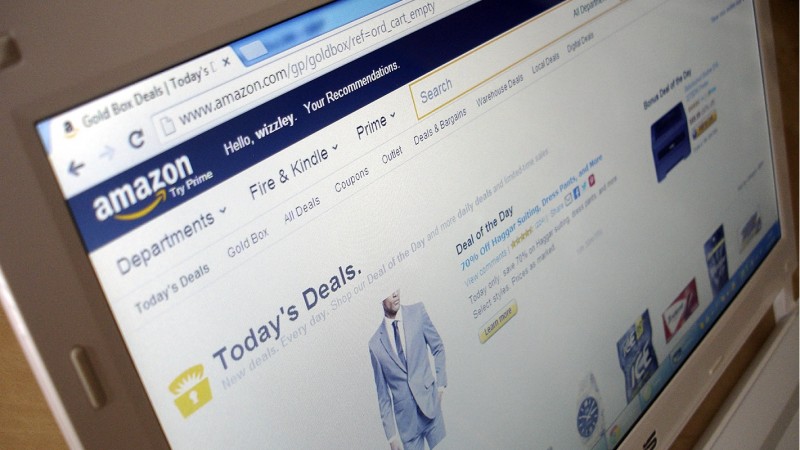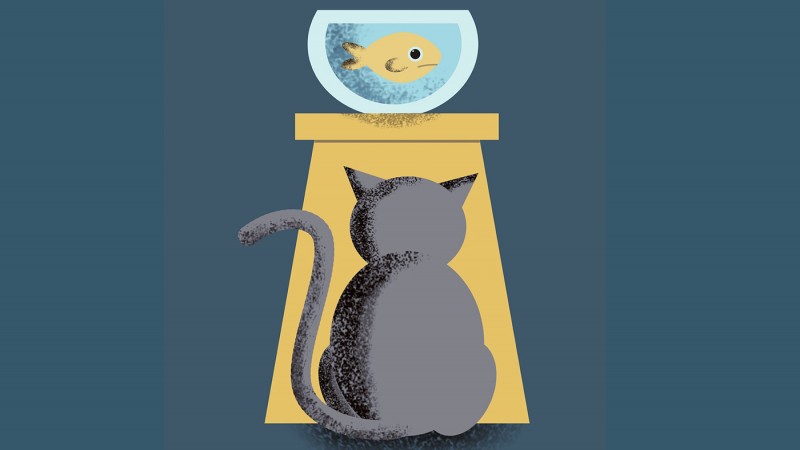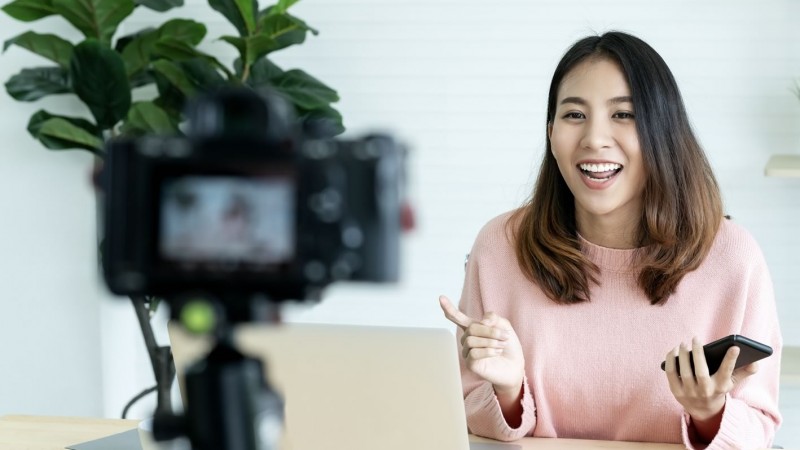Your Favorite Celeb Has HOW Many Followers?
- Details
- Written by Tracy Scott
- Category: Articles

Monday, December 9, 10:57 am
Taylor: Look B! My Insta followers > 20,000!
Beth: OMG! 4 Reelz?
Monday, December 9, 11:51 am
Taylor: Up…20,504! Influencer. Me!
Beth: No way! Shut up!!! I'm so jelly.
Taylor: : )
Monday, December 9, 1:57 pm
Taylor: 35,131
Beth: (Faint)
You know that the number of followers on a social media account is a sign of...uh...a sign of...um...well, you know, it means that…well, it means something, right?
Popularity, legit status, or maybe something less obvious, like the ability to get paid for simply mentioning a product or service in a post. Is that what it means to be an influencer?
Bots, aka Fake Accounts
While some influencers have taken years to build a strong fan base, the number of fake followers on social media accounts is growing at a fast rate.
You've seen it happen on more than one occasion. The Instagram influencer whose name you didn't know last week keeps getting shared by your connections and appearing in your feed. Within months, they're the latest Insta sensation with a 7-figure audience.
The social media platform isn't as important as the number of followers. Bots, aka fake accounts, are sometimes used to inflate follower numbers and make accounts appear more popular in order to attract potential advertisers.
The size of an influencer's audience, i.e., followers, factors into how much a brand pays an account to mention a product. While brands pay influencers for their ability to reach potential customers, true fans may pay the price of being misled by counterfeit social proof.
Who's Real and Who's Not
While some influencers have taken years to build a strong fan base, the number of fake followers on social media accounts is growing at a fast rate. It's hard to tell who's real and who's not.
So, what does this mean for the average social media consumer?
Making purchase decisions based solely on a product's online popularity can make you the next victim of deceptive online advertising practices. A cosmetics firm recently settled with the Federal Trade Commission for charges of selling fake followers and posting fake reviews. Some big-name influencers, like Caroline Calloway, admits to buying at least 20,000 of her Instagram followers when she started on the platform. As of November 2019, she had over 724,000 Instagram followers.
Some social media platforms don't seem to be in a hurry to address the fake follower problem even if it's against their Terms of Service. IG Audit, a free Instagram Follower Analysis site, was recently featured in Wired for exposing large numbers of fake followers (nearly 50%) on celebrity Facebook and Instagram accounts. It's unclear whether spambots or purchasing fake followers are to blame for this figure.
According to IG Audit's owner, Facebook responded with a takedown notification. Until further notice, consumers can no longer use IG Audit to determine how many fake followers are attached to a particular account.
How to Make an Educated Decision
But you can still use healthy skepticism to make an educated decision when you see products or services supported by "influencers". Here's how.
Never trust only one source for your information on products or services. Unfortunately, independent reviews can be as fake as the followers on a social media account. Search for complaints at different online retailers. Pay attention to the source of the review. Is it written by a consumer, a columnist, or an anonymous source? Negative reviews can also be faked. When possible, seek comparison websites that offer expert reviews.
Remember, just because "everyone is buying it" doesn't mean it's any good.


































